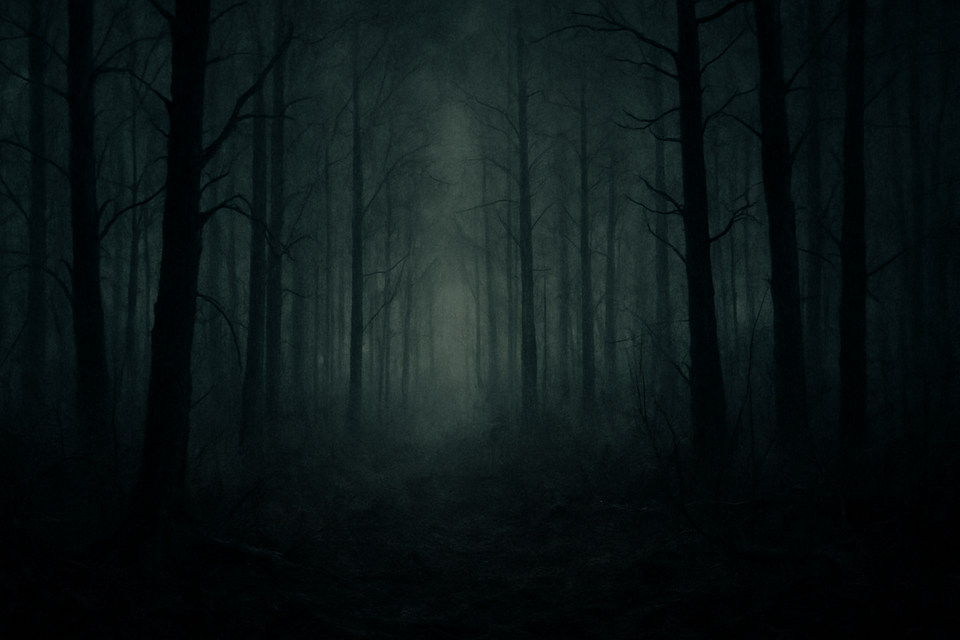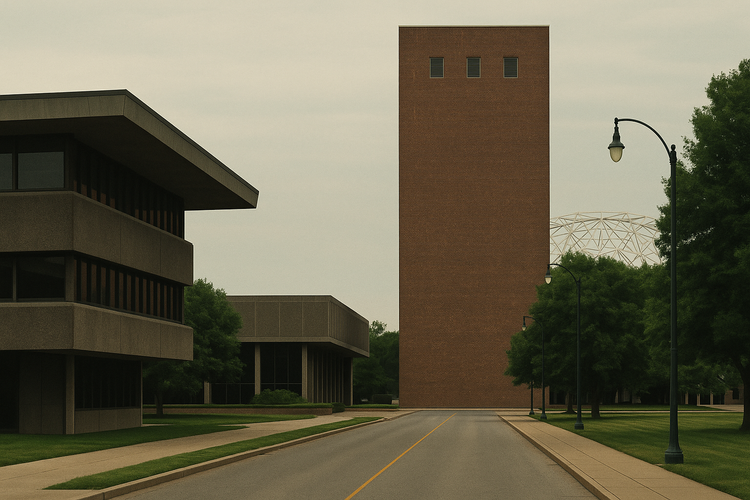The Witch (2015): A Surrender Mistaken for Freedom

⚠️ Spoilers ahead for The Witch (2015).
Cast Out of Grace
From the moment Thomasin’s family is expelled from the plantation, their doom feels inevitable. Cast out not merely from society but seemingly from grace itself, they struggle within a wilderness mirroring their spiritual condition: unknown, unforgiving, and profoundly haunted. Their God remains silent, their prayers unanswered, every attempt at survival cruelly inverted. It is a world shaped by inherited sin and unattainable virtue, where striving for goodness becomes distorted by fear, accusation, and despair.
Thomasin’s Final Choice
When Thomasin stands alone at the end—bloodied, orphaned, accused—she still faces a crucial decision. She could cling desperately to the faith that has forsaken her, walk resolutely into the woods, and meet death with her soul intact. Instead, she listens to the seductive voice offering her beauty, pleasure, and freedom. Thomasin signs the book not because she is predestined to fall, but because power, for the first time, feels truer than submission. Her tragedy is not merely damnation; it is that damnation appears as the only genuine form of escape.
This moment often leads viewers to search for The Witch ending explained. But explanation is the wrong word. The film offers no clarity, only temptation. What looks like freedom is simply surrender, cloaked in promise.
Evil Without Metaphor
Eggers makes no effort to soften the supernatural. The witch is real. The Devil is tangible. The horror is not allegorical but explicitly theological. This clarity gives the film its dread. There is no symbolic refuge, only stark judgment.
William’s Pride and Ruin
If Thomasin’s narrative explores the allure of power in the absence of grace, her father’s path embodies pride devoid of wisdom. William is not cruel but misguided. His righteousness stems from pride, not humility or compassion. He leads his family into exile through stubbornness rather than divine command. He chops endless wood to prove providence, yet provides no food. He prays fervently, yet harbors deception behind his son’s lies. His constant labor and self-inflicted punishments do not yield survival but hasten ruin.
The woodpile embodies this collapse. William returns obsessively, chopping, stacking, sweating, building a monument to futility. Meanwhile, crops fail, traps remain empty, and guns misfire. His actions bring no salvation. When Black Phillip, the Devil incarnate, finally confronts him, William is not martyred heroically; he is gored and buried beneath the wood he stacked. His false sense of purpose seals his fate.
What makes William tragic rather than villainous is his belated confession. He admits his failings to his wife, acknowledging hidden sins, but this moment comes too late. His silence has already condemned Thomasin. His self-righteousness blinds his household. In a world demanding perfect faith for salvation, William—a man ensnared by ego and weakness—is doomed from the outset. He succumbs not to temptation but to shame.
Caleb’s Innocence
If William’s downfall is pride, Caleb’s is innocence itself. His journey unfolds as a nightmarish retelling of Genesis: a child drawn toward forbidden knowledge, punished not by divine wrath but by the cruel logic of a world in which desire itself is sinful. His encounter in the woods is not symbolic but visceral: temptation embodied. When he returns, silent and broken, he coughs up an apple.
This could feel symbolic, yet Eggers frames it as something sacred, almost sacramental. The apple is more than Edenic shorthand: it represents consequence itself. Caleb’s guilt, lies, and shame converge into this bloodied fruit. His subsequent death, euphoric rather than tormented, speaking in tongues and calling out to Jesus, blurs the lines between possession and ecstasy, damnation and deliverance. The film refuses clarity, leaving us to feel the dizzying terror of innocence that provides no protection.
What the Hare Means in The Witch
The hare serves as the film’s most unsettling presence. It never strikes; it only watches. Its quiet, eerie appearances disrupt the family’s fragile stability. When Thomasin and Caleb discover a dead hare trapped, something shifts. Soon after, another hare draws their dog away, guiding Caleb toward ruin. What does the hare mean in The Witch?
It supports multiple readings at once. As a shapeshifter of European folklore, it deceives. As a spirit of the forest, it resists intrusion. As a pure omen, it manifests dread, blurring survival and ruin. Its silence unsettles, a quiet presence that never explains itself, only leads the doomed forward.
Black Phillip’s Invitation
By the time Black Phillip speaks, Thomasin has lost everything: her family, her faith, her future. The voice emerges softly, seductive rather than threatening: Wouldst thou like to live deliciously?
It is not shouted or sinister. The Devil tempts with butter, fine clothes, bare feet upon the earth—gentle comforts, the very things her faith has denied. Thomasin accepts not from hunger for evil but because no one else ever offered her a choice.
This is the true horror of The Witch ending. The Devil’s promise feels understandable. Thomasin signs willingly, stepping into darkness without coercion. The pact is sealed not with fire, but with resignation.
Illusion of Freedom
The forest reveals its answer: a coven swaying in shadow, voices rising. Thomasin rises among them, laughing, weightless. The horror is not her abduction but her submission. In Eggers’ world of sin, sacrifice, and terrifying redemption, she could have clung to faith and died a martyr. Instead, she exchanges conviction for comfort, a soul for relief.
This dark Sabbath is no triumph. It is endurance surrendered, a haunting illusion of freedom.
Explore more film essays in the Film Reflections collection.



Comments ()